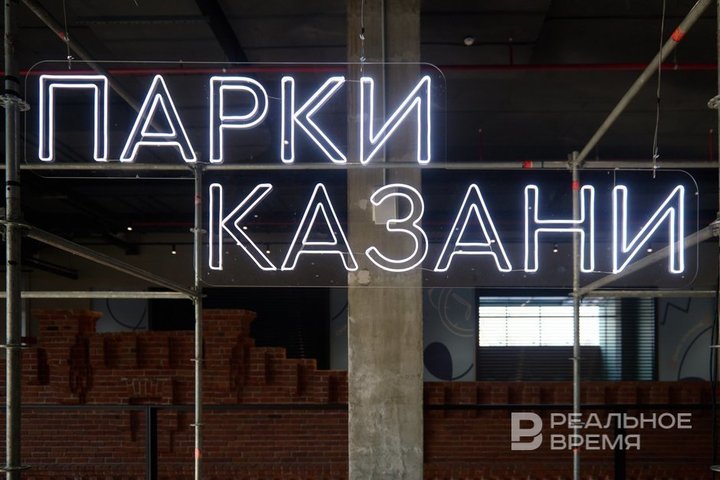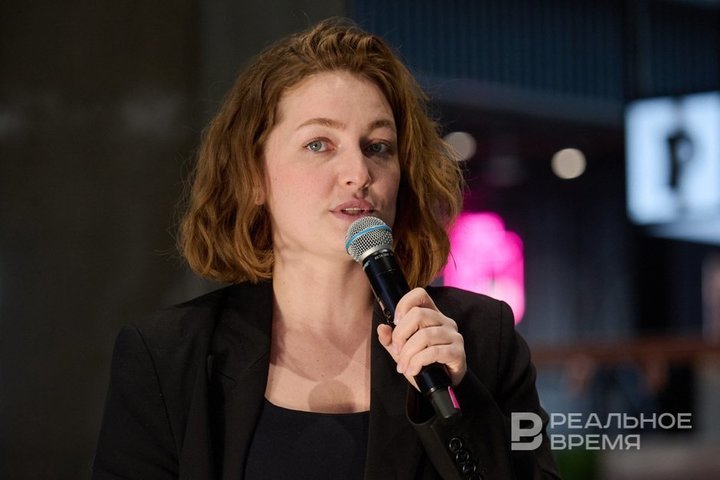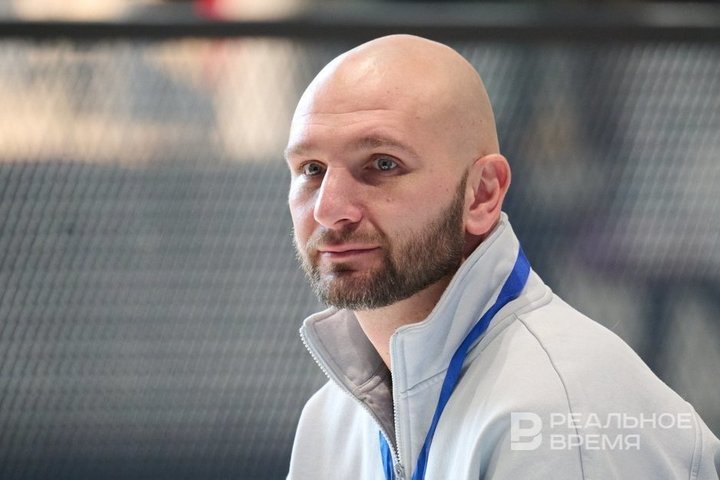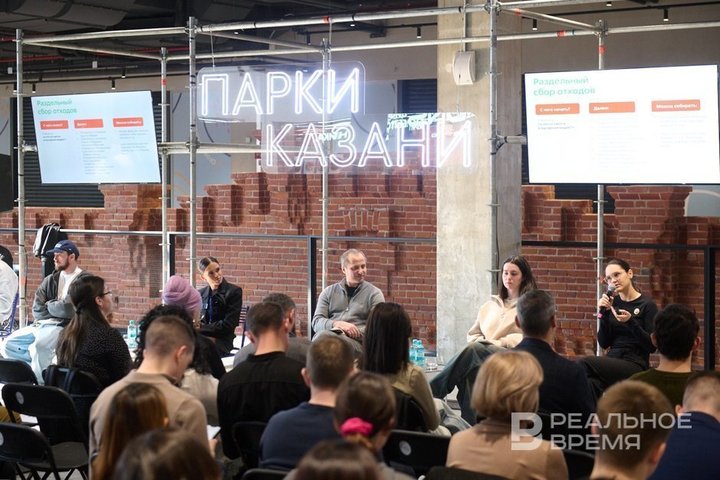Kazan launches auctions for park trading spots: balancing business and nature
Business representatives and activists have discussed the strategy of environmental development

It's not difficult to start taking care of nature — all you need is the desire. Representatives of businesses, the Directorate of Parks and Squares of Kazan, as well as environmentalists discussed what steps to take to do this at the meeting on 20 February. During the discussion, they shared their own experiences of implementing basic environmental habits in the company. And on time — applications for traditional auctions for the placement of retail outlets in the city's parks started on February 24, the head of the directorate announced. Read the details in the material of Realnoe Vremya.
39 objects at auction
On February 24, Kazan started accepting applications for traditional auctions for the placement of non-stationary retail facilities (NTO) in Kazan parks and squares — currently 39 lots. And this number will continue to increase.
“The contracts of entrepreneurs operating at previous auctioned spots expire soon. Then we will launch another stage of bidding with additional outlets," Aygul Latypova, the head of the Directorate of Parks and Squares of Kazan, said at a meeting with business representatives.
Moreover, according to her, there may be lots that the management itself does not yet know about.
“I can't tell you the exact number of outlets this season, because requests are still coming. We are forming new lots for some of them. If someone has not seen the type of business that they would like to run and the park in which they would like to place a retail outlet, please call," she replied to a Realnoe Vremya correspondent's question about the total number of new businesses this year.

Several locations in different parks of the city are put up for sale at the auction to accommodate the following facilities:
- seasonal sports and entertainment facility;
- seasonal non-stationary cafe;
- mobile object;
- photo service facility;
- seasonal ice cream outlet;
- self-service machine.
Latypova stressed that the Directorate is open to other business offers. If the idea is accepted by architects and environmentalists, a new auction will be launched. Last year, 81 NTOs operated in Kazan's parks, the speaker added.
A shopping facility — how to work environmentally friendly?
Environmentalists were also present at the meeting. They told us how to run a business in friendship with nature. Thus, Farida Gazimova, the chairperson of the EcoLogichno community, outlined the main steps towards environmental-friendly activities.
The most basic thing in eco-tourism is separate waste collection. Gazimova told how to do it:
“To do this, you first need to determine what remains in your waste, what excess remains. Next, it is important to understand what categories these wastes are divided into. Then determine who will sort it — you personally, employees or guests? If guests, what kind of concept will you wrap it in? Answer these questions for yourself.

The next step is to determine the method of waste collection. You can do this yourself or order a special eco-collection service.
“And the last thing is to train the staff to sort the waste. It is also necessary to draw up rules for the team in advance," Gazimova said.
“The next problem is the receipts. They are very harmful, they are not even recommended to be touched”
Valery Plikhta, the co-owner of More bar, shared his experience of separate waste collection. He began his speech with a clear point: the main thing in environmental friendliness is desire:
“Any aspiration must be gained from the inside. I don't believe in motivation. For me, motivation is bonuses, praise, and other external benefits. But these are manipulations. The desire must be inside.
Moreover, motivation should be shared by the team — this is the second step towards environmental development:
“Team is very important. Everyone here is talking about environmental friendliness, about waste collection. But sustainability must start with the team. The most important thing is the people, and the rest will follow.

If there is the desire, a good team is assembled, you can start with a few simple actions, Plikhta continued. First you need to install a second trash can. Recyclable waste must be stored in one container, and recyclable waste in the other.
“After a shift, one bartender or waiter, or the one who was late, or the one who wanted to, it doesn't matter, allocates 10 minutes to wash the recyclable garbage. He takes a bag and sorts the waste. Then the eco-collection service comes to collect the waste for a small fee," the speaker outlined the algorithm of actions.
However, the matter does not end with recyclable waste, Plikhta is sure:
“The next problem is receipts. They are very harmful, they are not even recommended to be touched. No one ever even takes them for recycling. So we decided to give them a second life. Now we make drink coasters out of them — these are cocktail stands so that water doesn't drip on the table.

The speaker added: separate waste sorting is an unprofitable business. However, “it just needs to be done”.
“After learning about environmental development and engaging in the agenda, I couldn't forget about it. Now I know that doing nothing is just bad. I can do it, it's not difficult for me. It gives me a sense of self-satisfaction: it's cool that I'm doing something for the common good. It's exciting, people like it," Plikhta replied to a question from Realnoe Vremya about how his desire to conduct environmental activities originated.